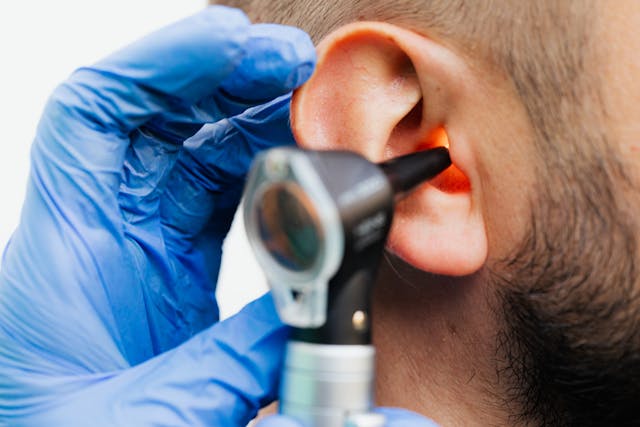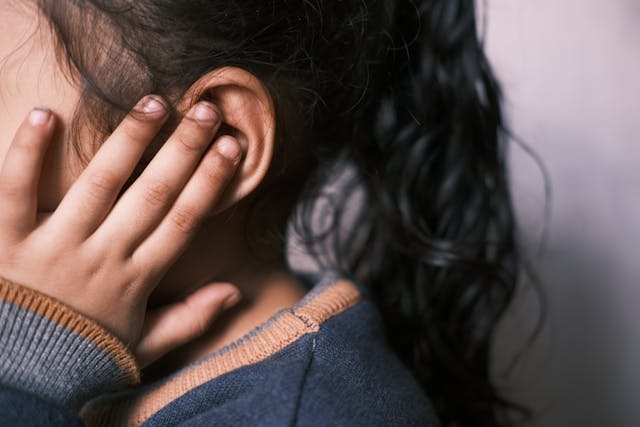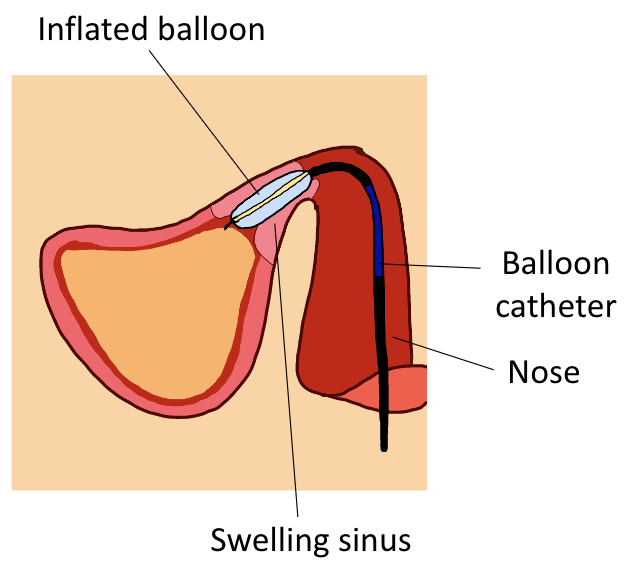Understanding hearing loss is important, as it affects millions of people in the United States. For New Yorkers, the constant noise of urban life can accelerate ear-related issues. Whether caused by aging, prolonged noise exposure, infections, or genetic factors, understanding hearing loss and exploring advanced treatment options in NYC is key to preserving your quality of life.
Dr. Michael Burnett at Ear, Nose & Throat of New York is a trusted expert in diagnosing and treating all types of hearing loss—from mild to profound—with personalized care and the latest medical technology.

What Is Hearing Loss?
Hearing loss refers to a reduced ability to perceive sound. It can occur suddenly or gradually and may affect one or both ears. There are three primary types of hearing loss:
- Conductive Hearing Loss: Caused by issues in the outer or middle ear, such as earwax buildup, fluid, or bone abnormalities.
- Sensorineural Hearing Loss: Resulting from damage to the inner ear (cochlea) or auditory nerve, often due to aging or noise exposure.
- Mixed Hearing Loss: A combination of both conductive and sensorineural loss.
Symptoms can include difficulty hearing conversations, asking others to repeat themselves, turning up the volume on devices, or ringing in the ears (tinnitus).
Top Causes of Hearing Loss in NYC
In a bustling city like New York, hearing damage can happen over time due to several factors:
- Noise Pollution: Subway trains, traffic, and construction create constant background noise that can damage your ears.
- Aging: Presbycusis (age-related hearing loss) typically begins after age 60.
- Ear Infections: Chronic infections can impair hearing, especially in children.
- Ototoxic Medications: Certain antibiotics, chemotherapy drugs, and diuretics can harm the inner ear.
- Genetic Factors: Some individuals are predisposed to hearing loss due to inherited conditions.
How Hearing Loss Is Diagnosed
Dr. Burnett uses state-of-the-art diagnostic tools to assess the type and severity of hearing loss. Diagnostic tests include:
- Pure Tone Audiometry: Measures your ability to hear various tones at different volumes and frequencies.
- Speech Audiometry: Tests your ability to recognize and repeat spoken words in quiet and noisy environments.
- Tympanometry: Evaluates the middle ear function, particularly the eardrum and bones.
- Otoacoustic Emissions (OAEs): Used to test cochlear function, especially helpful in newborn and pediatric screening.
After a comprehensive evaluation, Dr. Burnett creates a treatment plan tailored to your lifestyle and hearing needs.
Advanced Hearing Loss Treatments Available in NYC
Today’s treatments for hearing loss are more effective and discreet than ever. Dr. Burnett offers:
1. Hearing Aids
Modern hearing aids are lightweight, nearly invisible, and equipped with features like Bluetooth streaming, background noise reduction, and rechargeable batteries.
2. Cochlear Implants
For those with severe to profound sensorineural hearing loss who don’t benefit from hearing aids, cochlear implants can restore sound perception by bypassing damaged parts of the ear and directly stimulating the auditory nerve.
3. Surgical Correction
Conditions like otosclerosis or chronic ear infections may be treated with surgery to improve or restore hearing.
4. Assistive Listening Devices
FM systems, amplified phones, and TV listening devices provide additional support, especially in noisy environments.
5. Tinnitus Management
For patients experiencing ringing or buzzing in the ears, Dr. Burnett offers sound therapy, hearing aids with tinnitus features, and cognitive behavioral techniques to reduce its impact.
Why Early Treatment Matters
Delaying treatment can lead to:
- Social isolation and depression
- Cognitive decline and memory issues
- Impaired job performance and communication
Addressing hearing issues early improves communication, safety, and overall well-being. Whether you’re struggling to hear at work, missing pieces of conversation, or concerned about a loved one’s hearing, now is the time to act.
Understanding Hearing Loss: Schedule a Hearing Evaluation in NYC
You don’t have to navigate hearing loss alone. With expert diagnosis, advanced technology, and compassionate care, Dr. Michael Burnett and the team at Ear, Nose & Throat of New York are here to help you restore clarity and confidence in every conversation.
Contact us today to schedule a comprehensive hearing evaluation:
Ear, Nose & Throat of New York
Michael C. Burnett, MD
115 East 57th Street Suite 600
New York, NY 10022
 212-867-4813
212-867-4813
 https://earnosethroatofnewyork.com/
https://earnosethroatofnewyork.com/
Take control of your hearing health in the city that never sleeps.















 Preventive care for ear, nose, and throat (ENT) health is essential for maintaining overall wellness and avoiding chronic or acute ENT conditions that can impact breathing, hearing, speaking, sleeping, and even swallowing. In a city like New York, where allergens, pollution, and noise exposure are constant, staying proactive about ENT health can make a noticeable difference in your quality of life. Dr. Michael Burnett, a leading ENT specialist at Ear, Nose & Throat of New York, emphasizes the importance of regular check-ups and preventive strategies to keep patients healthy year-round.
Preventive care for ear, nose, and throat (ENT) health is essential for maintaining overall wellness and avoiding chronic or acute ENT conditions that can impact breathing, hearing, speaking, sleeping, and even swallowing. In a city like New York, where allergens, pollution, and noise exposure are constant, staying proactive about ENT health can make a noticeable difference in your quality of life. Dr. Michael Burnett, a leading ENT specialist at Ear, Nose & Throat of New York, emphasizes the importance of regular check-ups and preventive strategies to keep patients healthy year-round.